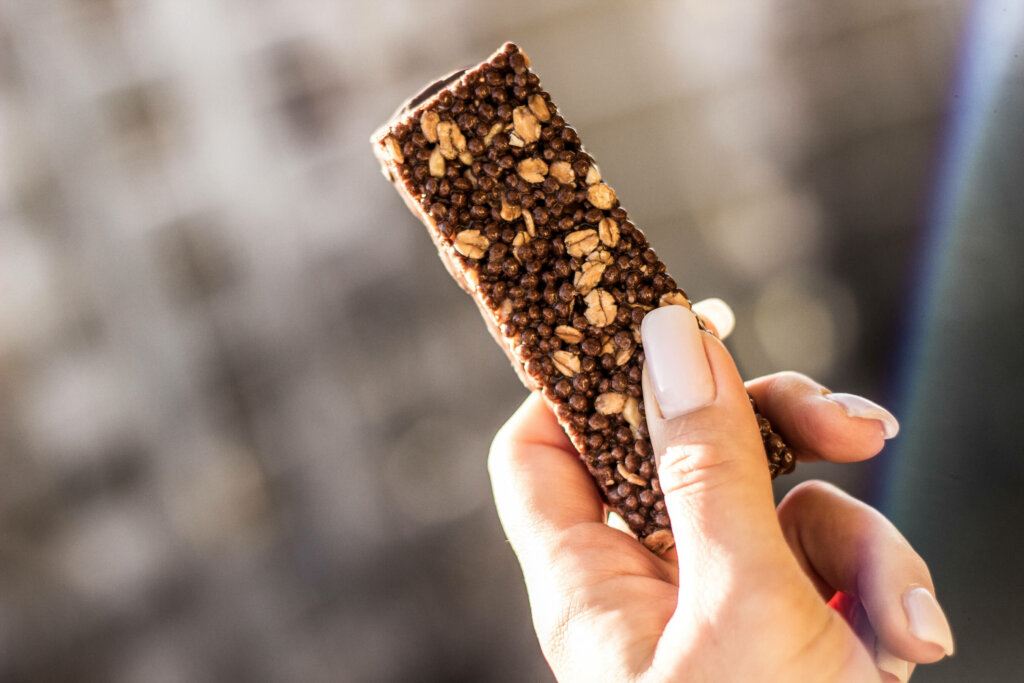Maple is the Better-For-You Sweetener

The sweet taste of maple comes with some sweet health benefits, giving it wide appeal to consumers looking for alternatives to cane sugar and other traditional sweeteners.
What Makes Maple So Great?
Maple is jam-packed with micronutrients with its antioxidants, minerals, and bioactive plant compounds.
For example, a ¼-cup serving of maple syrup contains 72% of the daily recommended value (DRV) of manganese, 27% of riboflavin, 17% of copper, and 6% of calcium. Other amazing nutrients in maple syrup include:
- Potassium
- Magnesium
- Thamin
- Quebecol
- Amino acids
- And more!
Pure maple syrup has been named a “superfood” because of the number and variety of beneficial compounds it contains.
There’s More Greatness to Maple Than Nutrients
Maple syrup and sugar are great for more reasons than just their nutrients, including how it’s made and potential label claims to meet consumer demands.
Consumers love Bascom Maple Farms maple syrup because it’s:
- A naturally sourced, clean label sweetener
- 100% plant-based/vegan as opposed to honey
- A wild crop-harvested, more sustainable sweetener
- Less processed than other sweeteners
- Easy to digest with a lower glycemic index than cane sugar or honey
For all these reasons, consumers hold maple in high regard. It’s beneficial for R&D professionals, chefs & foodservice providers, and retailers to know how to utilize maple in their formulations and use maple’s label claims to attract consumers.
How Does Maple Compare to Sugar & Other Sweeteners?
Compared to other sweeteners, Bascom Maple Farms maple syrup is less sweet than conventional sugar—at just about 60% the sweetness of cane sugar.
Nutritionally, other sweeteners, such as honey, agave, and high-fructose corn syrup, don’t hold up to the variety of vitamins and minerals provided by maple syrup.
See more about how maple compares in regard to sweetness and nutritional value:
| Sweetness scale | Glycemic index | Calories/100g | Fructose** | Calcium* | Iron* | Magnesium* | Potassium* | Zinc* | Manganese* | |
| Maple Syrup | 0.6 | 54 | 260 | 8.8 | 6.7 | 0.11 | 21 | 212 | 1.47 | 2.9 |
| Cane sugar | 1 | 68 | 387 | 50 | 0.1 | 0.3 | 0 | 0 | 0 | 0.004 |
| High Fructose Corn Syrup | 1.1 | 58 | 286 | 0 | 0 | 0 | 0 | 0 | 0.06 | 0 |
| Agave Nectar | 1.4 | 11-15 | 310 | 75 | 1 | 0.09 | 1 | 4 | 0.01 | 0 |
| Honey | 1 | 31-87 | 304 | 44 | 6 | 1 | 2 | 52 | 0.22 | 0.08 |
| Brown Rice Syrup | 0.5 | 25-98 | 320 | 25.5 | 0.2 | 0.01 | 0 | 0.3 | 0.6 | 3 |
*Mgs per 100g
**Gs per 100g
Plus, the many grades and colors of maple syrup make it an incredibly versatile ingredient and make a wide variety of flavors and sweetness levels possible. Maple isn’t just a one-note sweetener, unlike some other sweetening ingredients.
Maple syrup is full of antioxidants and brimming with vitamins and minerals—in addition to its delicious, sweet flavor. For these reasons, consumers love maple syrup; it meets their demand for a sustainable, nutritious sweetener.
Learn more about the benefits of maple syrup and get a quote today.